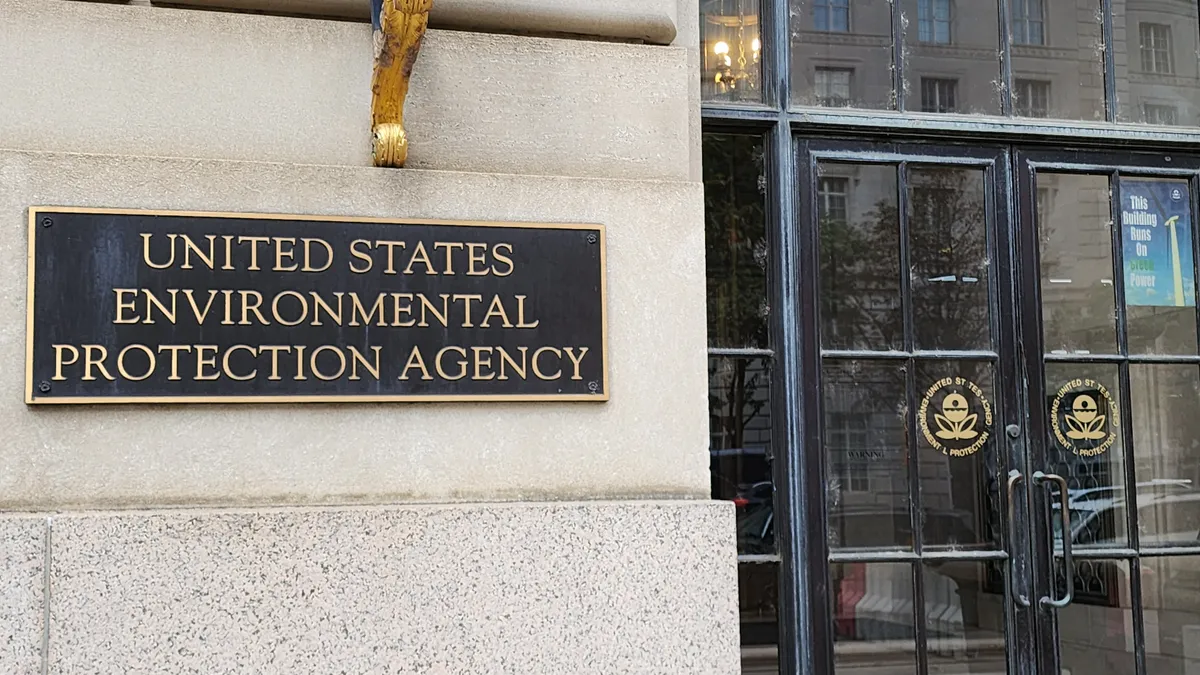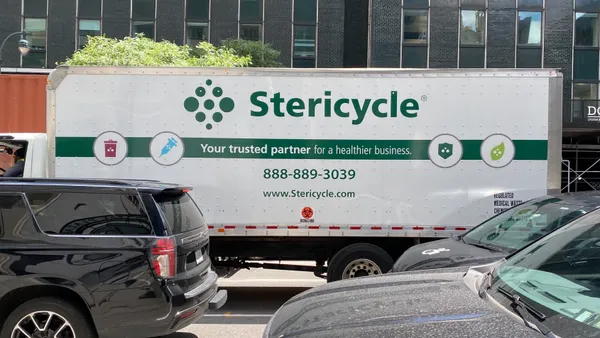Tribal governments should take advantage of specially tailored federal funding programs for solid waste projects, U.S. EPA and federal Indian Health Service officials said on a webinar Wednesday.
The EPA offers various forms of assistance for leaders looking to develop an integrated waste management plan or projects that improve waste and recycling systems and align with that plan. The agency’s Indian General Assistance Program provides technical assistance to tribal governments and intertribal consortia that are planning, developing or establishing environmental protection programs or solid and hazardous waste programs on tribal lands.
Other EPA resources include online training modules, and access to regional tribal waste management coordinators. The agency is also in the process of restarting a voluntary peer matching program, which would connect officials in tribal governments and help them share experience, said Denise Roy, co-leader of tribal management programs in the EPA’s Office of Resource Conservation and Recovery Office.
Kim Katonica-Mule, the other co-lead, encouraged tribal officials who may be looking for assistance to keep in communication with the agency amid the Trump administration’s shifting priorities.
"The opportunities may change. As you all know, we have a new administration and new priorities, so we really recommend you stay connected,” Katonica-Mule said.
IHS, meanwhile, spends a "significant amount of money" on infrastructure projects each year, said Shari Windt, an engineer consultant for the federal agency.
In 2025, IHS’ Sanitation Facilities Construction program funded three solid waste projects: one transfer station upgrade and two open dump remediation projects. It also funded dozens of other water and sewer projects via the program, allocating $657 million in total for the year, per federal records.
The program scores projects based on internal criteria and selects which to fund through that system. Windt encouraged project managers to apply for funding even if they aren’t sure if they would score highly enough to get an award the first time around.
“If there are other funding sources, those sources sometimes come to us to ask what projects we have that their funds could apply to. So it's very beneficial to get your project” into the agency’s records, Windt said.
Officials also noted the existence of programs administered by the U.S. Department of Agriculture that communities could apply to for assistance like the Water & Waste Disposal Technical Assistance & Training Grants. The grant program solicited applications late last year and is projected to hand out 40 awards totaling $37.5 million, according to Grants.gov.
Additional programs that are currently closed for applications, like the Solid Waste Infrastructure for Recycling grant program, may open back up in the future, according to officials.
“If we find out that it's coming back, we will be sure to do email blasts and other things to let everyone know it's here,” Katonica-Mule said.











